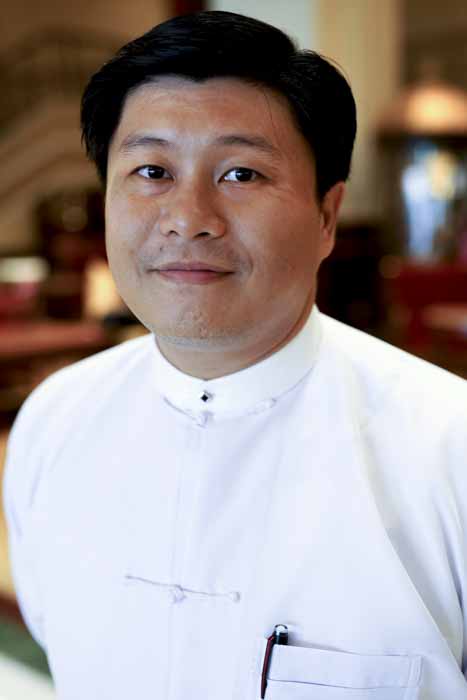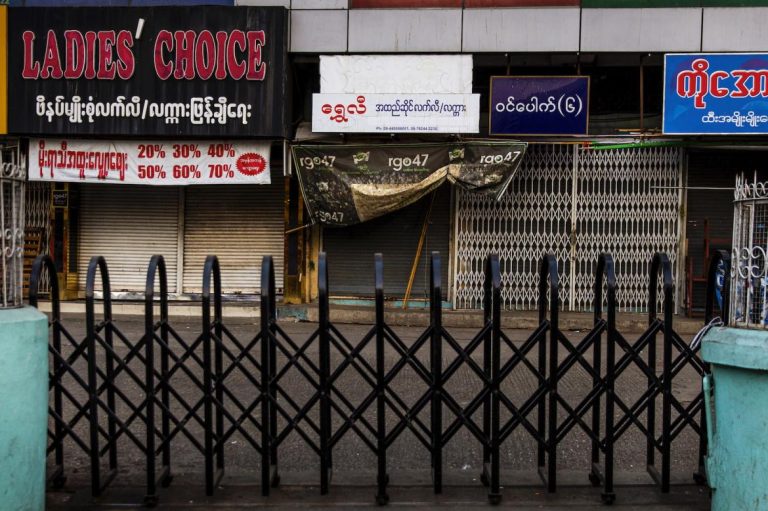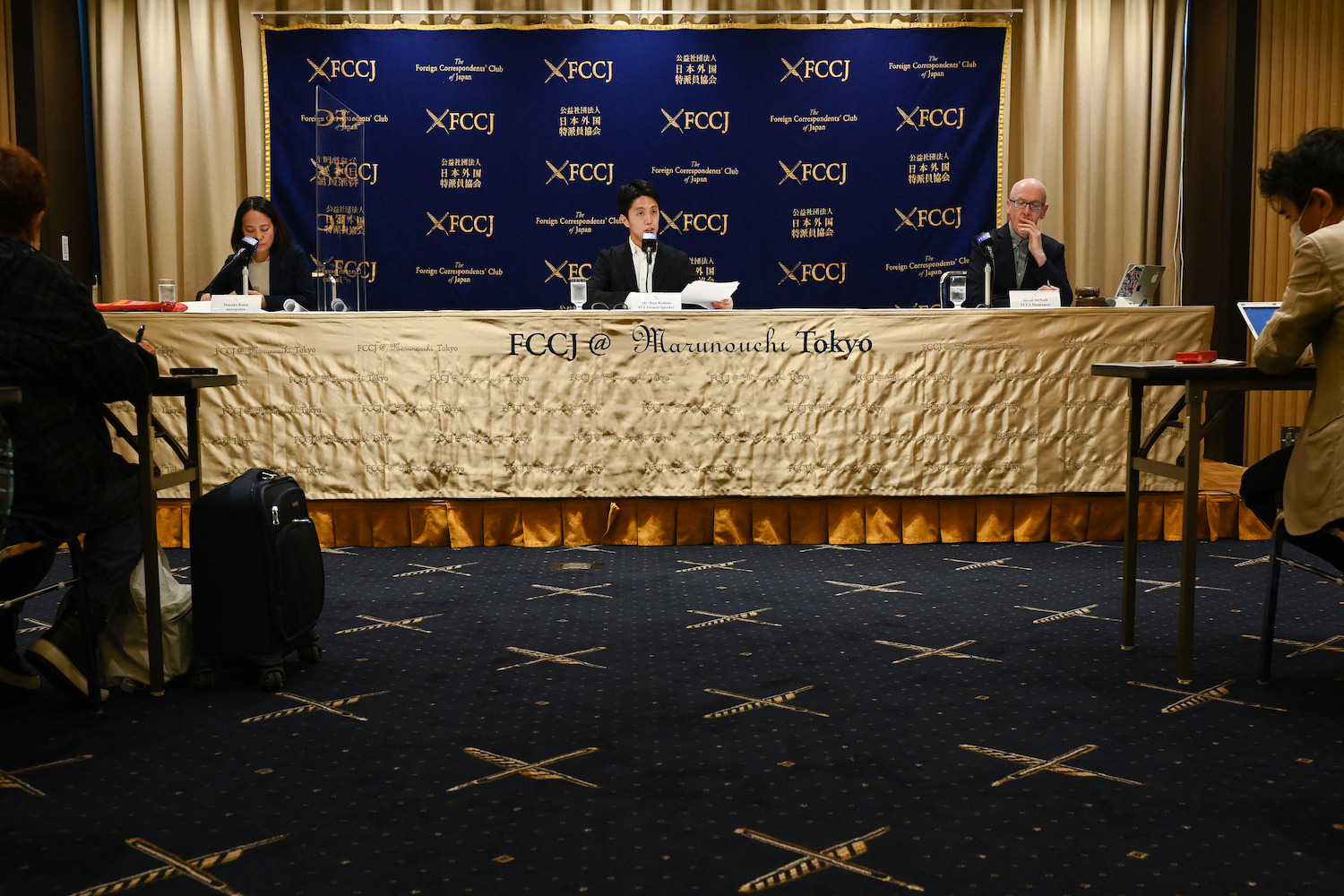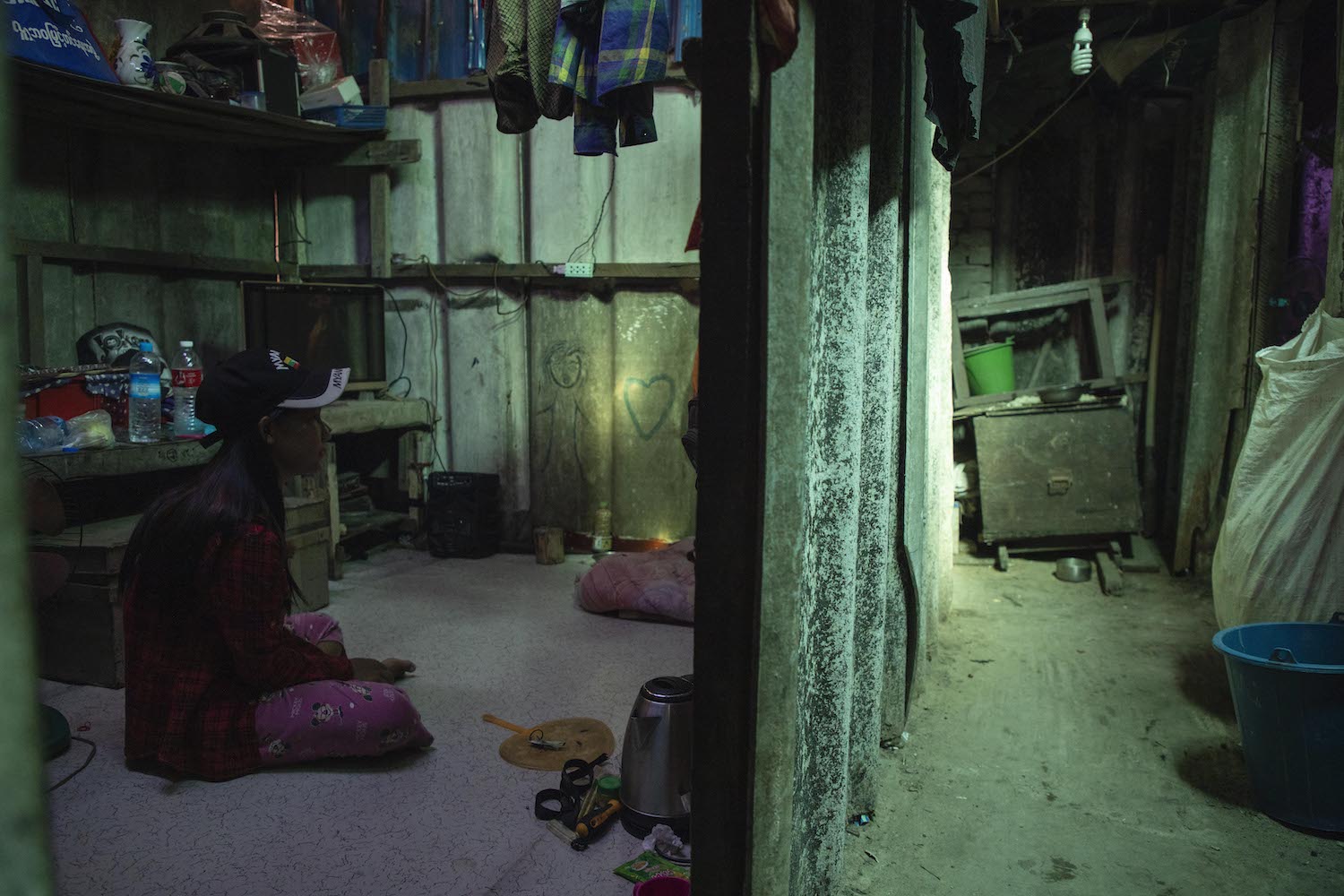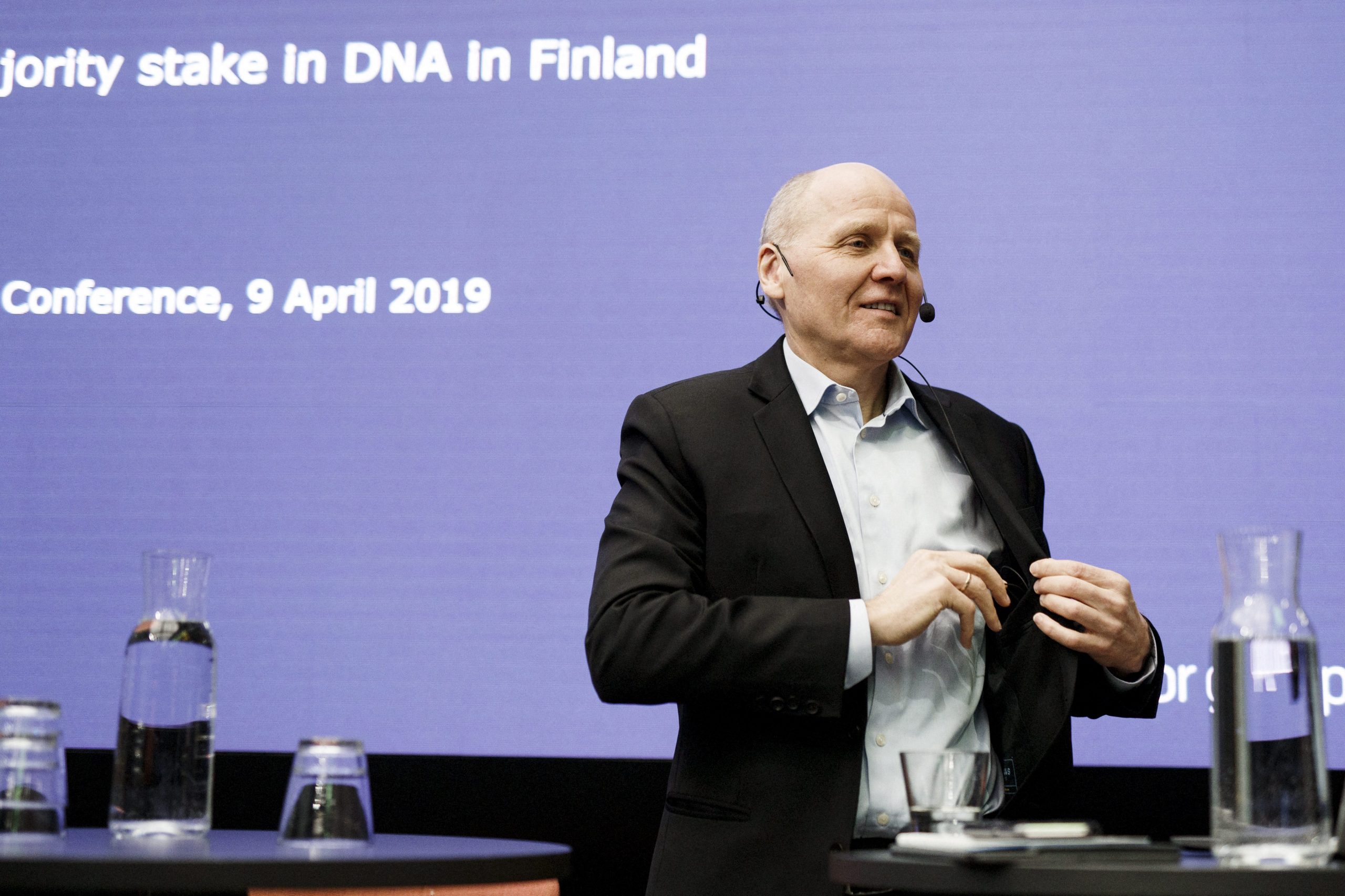Yathar Cho Industry leads the instant noodle market in Myanmar with its popular Yum Yum brand. When the second wave of investment begins after the elections foreign competitors will challenge the frontrunner. Frontier asked Yathar Cho Industry managing director U Wai Phyo, who is also vice-president of the Union of Myanmar Federation of Chambers of Commerce and Industry, about reform, economic pessimism and Yum Yum’s flood relief.
When did you take the helm at Yathar Cho Industry?
My father started the company in 1997. He passed away suddenly, only two years later. I took over and grew Yathar Cho Industry from there. We have three factories in Yangon. Two for Yum Yum and in the other we produce Cho Cho rice vermicelli. Mercury Distribution is our distribution company. It has fifteen branch offices in nine states and regions. The market volume in instant noodles in Myanmar is sizeable: about 50 to 60 million US dollars a year. We have a market share of 65 per cent.
There’s been an overwhelming community response to help victims of the floods. What did Yum Yum do to help?
We are not an NGO, but we try to do what we can. We’re doing nothing heroic. If an organisation can substantiate that they are helping flood victims, we sell our product [to it] at a lower price point. Yum Yum also donated 150,000 packages of instant noodles and water purification pills, as food and clean water have priority now.
It’s just a start, because the situation will remain dire for the victims for several months. We don’t have the apparatus to distribute ourselves in the areas that are hit hardest, so we have to trust our partners with that. We work through UMFCCI and the regional governments. To be honest, people on the ground know better than we do.
Thoughts inevitably go to May 2008, when Cyclone Nargis struck and 140,000 people died, mainly in the Ayeyarwady delta.
That was a time of terrible disaster. And also a time I was disappointed in human nature. Some people were exploiting the situation by reselling our instant noodles at ten times the regular price. The cyclone wrecked 200 feet of the roof of our factory in Yangon. For 1.5 months we worked under tarpaulin. The only way to drive prices down again was by producing extra supply.
Let’s turn to the change of government. President U Thein Sein proved to be a reformer, especially in the early years of his tenure. Have you been surprised by the changes?
I was very sure change would come, but the pace of change has been staggering. Many people like to think the glass is half empty. I look at it a differently. In 2009 a mobile phone subscription was USD3,000, beat-up cars were expensive and the Central Bank was not yet independent. That has changed and we have free press as well. In Myanmar you can say what you want about the President. You can’t do that in Singapore. That is substantial change in my book.
But the business climate is more pessimistic than it was in 2011 and 2012.
If there’s one thing companies don’t like, it’s uncertainty and volatility. We have seen a very fast depreciation of the national currency lately and the new minimum wage will stimulate inflation further. There is also uncertainty about the election, the risk of a military coup, and the new government. Will it be a pro-market government? Will it open the economy up too fast?
Another big question mark is instability in the property market.
The market has softened, but has not yet collapsed. If property prices crash, where will the money go? Myanmar does not have a stock market yet. A stock market could connect visionary businesses to risk averse investors looking for a guaranteed return. The stock market would also be a place where you can bring your money to. Banks are not an attractive alternative. The interest rate is about 8 percent, while inflation is about 10 percent. Putting money in the bank equals losing money. There’s a serious risk of a flight into dollars if the property market crashes.
Do you expect a new wave of investment after the election and the formation of a government?
What has changed in transitional Myanmar is that we welcome investors now. But for the moment potential investors are holding their breath, out of fear for the election. After that they will invest in the instant noodle market. In our market segment three or four big companies will come in. There will be increased competition, for which we are already gearing up. What hasn’t changed, though, is that there still is a large grey market. In the informal sector goods flow into the country from Thailand and China with very little regulation or taxation.
What will be the effect of increased competition?
The Myanmar people are wealthier now, but demand will not rise enough to accommodate all the producers of instant noodles. Newcomers will have to fight for market share and volume. Yum Yum is a pretty strong brand. It will not be like when Coca-Cola entered. Coca-Cola own the leading soft drink brand and can outspend everybody. Prices will definitely be under pressure. It will be a fight, but there will also emerge a market for premium product, albeit small.
Would you be willing to team up with an international partner?
We will enter a joint venture only if it is the right partner. Let me tell you a funny story. Very recently I received an unsolicited bid on our company from a [South] Korean firm. It was a bit insulting, actually. They didn’t know us that well and wanted to buy. How is that possible?
The only offer I would value is that of a strategic investor, who brings more to the table than just the money and who can help us expand overseas. If they say, ‘We will help you logistically to attack the regional market’, then I would be interested.
We already export to Singapore and China. We use Singapore as a springboard into ASEAN, also because there are about four million Myanmar living in Thailand, Malaysia and Singapore that we can sell our product to.
Is Yathar Cho Industry ready to face the competition?
Already in 2004 I thought that Myanmar was going to open up. It wasn’t going to take another twenty years, in my opinion. From then on we have been preparing ourselves by upgrading our facilities and training our people. We received our ISO 9001:2000, HACCP [food safety] quality certification and official Halal Certification in 2004.
The processed food sector is different from, for example, working with fresh fish. Certification is optional in our sector. We didn’t do it because we desperately wanted the certificate. We did it because we wanted the quality system to be in place. Our aim was to make sure we were up to scratch and competitive. Are we going to lose some market share? Sure, but we will put up a good fight.


